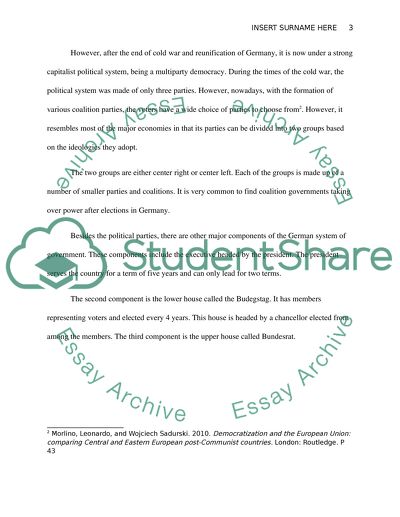Cite this document
(“Elections and Political Parties in Central & Eastern Europe Research Paper”, n.d.)
Retrieved de https://studentshare.org/history/1404204-elections-and-political-parties-in-central-eastern
Retrieved de https://studentshare.org/history/1404204-elections-and-political-parties-in-central-eastern
(Elections and Political Parties in Central & Eastern Europe Research Paper)
https://studentshare.org/history/1404204-elections-and-political-parties-in-central-eastern.
https://studentshare.org/history/1404204-elections-and-political-parties-in-central-eastern.
“Elections and Political Parties in Central & Eastern Europe Research Paper”, n.d. https://studentshare.org/history/1404204-elections-and-political-parties-in-central-eastern.


